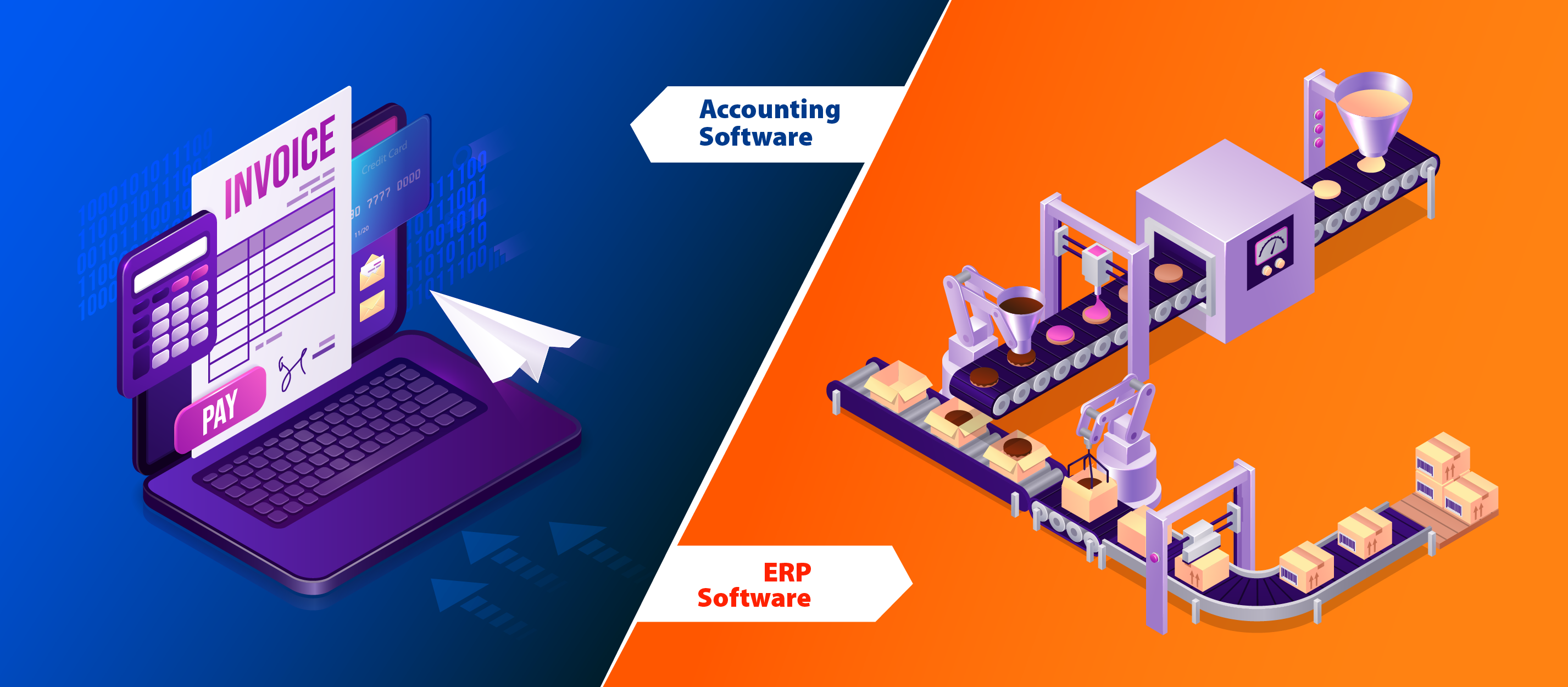
Though Enterprise Resource Planning (ERP) projects have been referred to as a business operating system that enables better resource planning, improved delivery of value-added products and services to customers, still there remain many significant factors that influence its purchase decisions. Some of the major factors that decide the fate of an ERP implementation in any organization are ease of implementation, cost of ownership, and functionality of the ERP software.
This blog provides insights into one such crucial factor i.e. costing of an ERP project and how many different costs account towards the total cost of ownership. In the words of Gartner ‘TCO’ can be defined as: “For IT, TCO includes hardware and software acquisition, management and support, communications, end-user expenses and the opportunity cost of downtime, training and other productivity losses.” Let’s have a look at the breakdown structure of the cost of an ERP solution in detail.
Networking & server Hardware Cost– Every system needs a strong foundation to last long and ERP is no exception. For ERP software to work properly, sufficient hardware and equipment are required. The cost incurred in installing of networking servers and data storage centers in order to run the software smoothly comes under the hardware cost for ERP implementation. Please note that it does not apply to cloud-based ERP solutions.
Implementation Cost– The implementation cost includes setting up, configuring and testing of software on the customer’s environment. Implementation cost contributes majorly towards the TCO of an ERP project. This cost normally applies to all kinds of ERP software, although with custom software or specially customized solutions, the configuration is usually the part of solution development.
Customization Cost– Customization undoubtedly enhances ERP efficiency by bringing in ease of operations, exact mapping of the business processes, and deploying better-integrated applications, but also raise the level of complexity and risk of implementation failure. Sometimes the customizations can even prevent upgrades. The cost incurred in the process of designing a plain software version according to the industry-specific unique requirements can be significantly high at times. The cost also depends on the extent of customization you have selected for. At times when the software is upgraded, there is a risk of the custom code no longer working, which may result in additional expense for the workarounds.
License Cost– For typical on-premise implementations, the license cost is to be paid on the basis of the number of users or per-seat subscription license. This cost needs to be paid well in advance as per the plan of your ERP implementation project.
Data Migration Cost– Is the cost of moving data from the old system to the new system, including data format changes, data backup and data restoration for uninterrupted use. At times when the data is in bulk, the process of data migration is not economically viable, so the old ERP system is archived in a read-only mode. This cost also takes care of backup system management and data recovery at the time of disaster.
Training, Support and Maintenance Cost– Covers the cost of training the employees to use the ERP system and complete document knowledge transfer for any future use. Post implementation support cost is also included and it becomes the prime responsibility of the vendor to provide the necessary support to the staff. Moreover, Annual Maintenance Cost (AMC) is also covered here that takes care of future upgrades and scalability expenses as and when required.
During the cost calculation of ERP, many companies make the mistake of only budgeting for licensing cost, while neglecting the other significant costs that indirectly account for the TCO. For every organization looking to invest in an ERP implementation, consider all the above cost elements for a clearer picture of the budget. For anything else, log on to https://www.batchmaster.co.in/ or contact us on sales@batchmaster.com for a free demo.




















